There are several myths related to dog breeds. Let’s find out whether the common myths are true or not.
#1 Small dogs are aggressive
When it comes to myths about dog breed personalities, this is the first one that comes to mind. No scientific evidence suggests that the smaller dog breeds are aggressive or even genetically predisposed to be so.
The likeliest reason why such myths have become commonplace is the behavior of their owners rather than the dogs themselves.
It is easy to overlook small dog breeds’ bad behavior smallsmall dogs breeds as they are less dangerous than giant dog breeds. However, no matter which dog breed it is, they need to be provided with obedience training.
Socialization training is significant. Start doing this when still puppies so that they become well-adjusted individuals by the time they grow up to be adults.
#2 Breeds such as poodles are hypoallergenic
It is a significant myth as far as the dog breed characteristics are concerned. Every animal would produce dander – tiny particles of hair and dead skin that cause pets’ allergies. No breed is hypoallergenic.
It is just that some of them shed lesser than others. Now, poodles are a breed that sheds less than other dog breeds, such as whippets and bichon frises. Therefore, since they shed less, less dander is produced.
Read Also: 9 Best Hypoallergenic Dogs for Kids
#3 It is easier to care for the smaller breeds than the bigger ones
As far as myths regarding dog breeds, this is the worst one, considering how far from the truth it happens to be. The smaller dog breeds indeed eat less, and they produce lesser waste.
However, the amount of exercise, training, attention, and socialization they need is similar to what a more enormous dog needs. Please understand that we are talking of the scale over here.
#4 Pit bulls are the most dangerous of all breeds
The CDC (Center for Disease Control and Prevention) recently conducted a peer review of dog bitings incidents over 20 years. It found that pit bulls – and dogs belonging to that particular family – were not more threatening than the other dog breeds.
Just like all other dog breeds, you need to provide the likes of pit bulls with proper socialization, training, and a good life at home to ensure they can live harmoniously with other animals and humans.
#5 Small dogs are rather yappy
It will bark if you do not socialize and train a dog properly. Unfortunately, the small dog breeds are not an exception to this norm. Once again, this boils down to how easy it is to overlook the small dogs compared to their bigger brethren. It is a reason pet parents only sometimes train small dogs properly.
It leads to the persistence of such dog personality myths. As we have said, you need to start training your dog – no matter what breed it is – from childhood to be well-behaved by the time they grow up to be adults.
#6 Big dogs are not good with kids
If anything, larger dog breeds are suitable for kids. However, when looking to get a dog for your family, you should focus more on how they are as individuals rather than how big or small they are.
Teach both your kids and your dog how to be safe with each other. Large dog breeds have hearts of gold. They do well with children. However, training and socializing them properly from a young age is significant.
Read Also: Best Dog Breeds for Families With Kids
#7 Mastiffs are not low-key or friendly
Mastiffs do indeed look intimidating. However, in reality, they are rather friendly, and in public places, they conduct themselves well. When they are pups, they are active. However, growing up, they only need a daily walk to mellow down.
If they had their fill, they would happily doze off to Lalaland while you enjoy your meal outdoors. First, however, you have to be ready to clean up some drool now and then.
#8 Greyhounds consistently have high energy levels
Since greyhounds are the track and field athletes among dogs, it is assumed these dogs need a lot of exercises to chill out. However, in reality, they can be quite couch potatoes.
It does not imply that they dislike the outdoor time and a walk or two daily. However, by and large, they make great pets for your house.
#9 The jaws of a Pitbull get locked when they bite
It is a common conception that people who own Pit bulls just like their supposed aggression.
The jaw structure of a Pitbull is indeed different from that of other dog breeds. Once upon a time in the USA (United States of America), they were regarded as the ultimate family dogs – they were supposed to be nannies for young kids.
They have a powerful bite because of how strong and athletic they are. However, this is not because their jaws lock when they bite. Also, they make great additions to your family.
#10 Miniature collies and shelties are the same dog breeds
The miniature collies do resemble the Shetland dogs when it comes to appearance. However, they are different breeds – the AKC (American Kennel Club) recognized.
#11 Small dogs may not be able to run with you
People think – and mistakenly so; it may be added here – that the smaller dog breeds would not be active. However, the truth is that they are excellent at dog sports.
Yes, the pugs can ace an agility course rather well. However, if you look at Jack Russell terriers and Toy poodles participating in these sessions, you would be amazed at how well they perform.
#12 You have to shave the long-haired breeds during the summer
Many people think dog breeds with long hair must be shaved during the summer to remain calm. But if you did so, the effect would be the opposite of what you intended.
Getting some dogs to have a haircut during the summer is good. However, in dog breeds with double coats, the fur is designed so that the heat can escape, and they can stay cool during the summer months.
#13 Dobermans and Rottweilers might turn on their owners
In the case of some dog breeds, such as Dobermans and Rottweilers, there is a typical perception they could be vicious and might end up turning on families they are a part of.
These dogs do have quite big barks. However, they are loyal and extremely sweet as well. If you train and socialize them the right way, they, too, will welcome your guests with plenty of attention and love.
#14 The smaller dog breeds do not need a lot of exercises
One of the biggest myths about dog breeds is related to size and the amount of activity they need. Small dog breeds like terriers were born to run, dig, chase, and bark. This is what nature intended to do. So, you should not be fooled by how big or small they are.
In much the same way, you have some laidback large dog breeds, such as Great Danes, that do not need a lot of exercise. So, if you want to know how much exercise a dog breeds, you should find out why it was bred.
#15 Childhood could be a breeze with the laidback dog breeds
The truth is that puppies of all breeds are energetic and playful. They demand a lot of your time. So, no matter your dog’s breed, you must try to raise them properly.
If you are getting a pup, be ready to deal with their craziness. Your dog may become a somewhat lazy, sweet, snuggle bug. However, when they are pups, you need to be ready for all the trials and tribulations of the journey.
#16 You cannot have an active dog breed if you do not have a yard
Yards are not responsible for exercising dogs – it is the duty of humans to bring them up. The amount of mental and physical exercise you can get for your dog will determine your breed.
You may have a big yard for your dog, but it will only do a little for them if they have mental and physical stimulation. Unfortunately, such dogs often resort to various adverse ways to entertain themselves, like barking, digging, and running across the fence.
Conclusion
Each dog is unique, regardless of breed. While certain breeds may have common characteristics, it’s crucial not to rely on myths and misconceptions when choosing a dog. Instead, focus on individual personalities and temperaments, and always be willing to put in the time and effort to train and care for your furry companion properly. Doing so will create a loving and fulfilling relationship with your dog that transcends preconceived notions about their breed.

 DogExpress
DogExpress

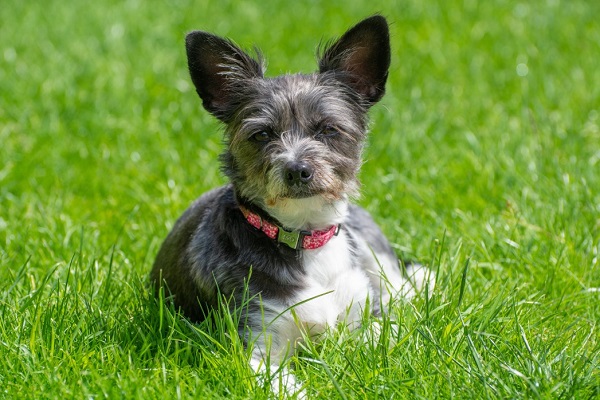
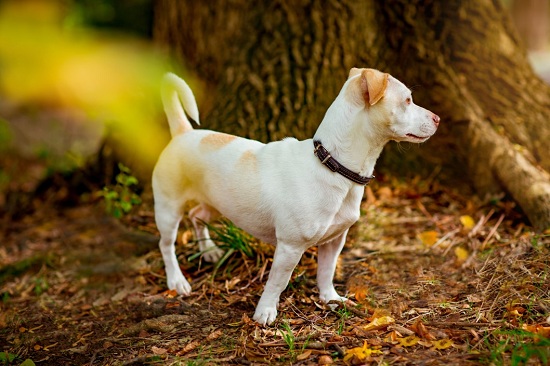



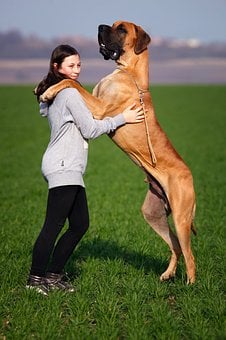
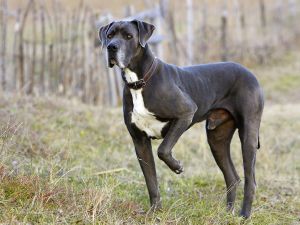
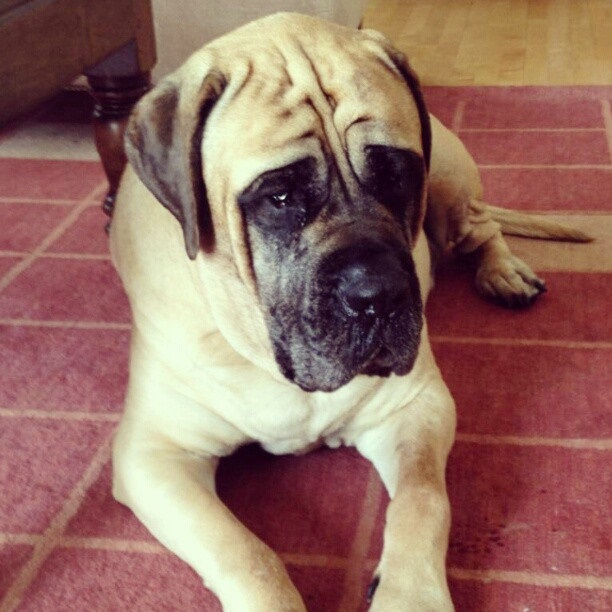
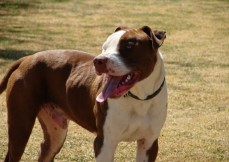
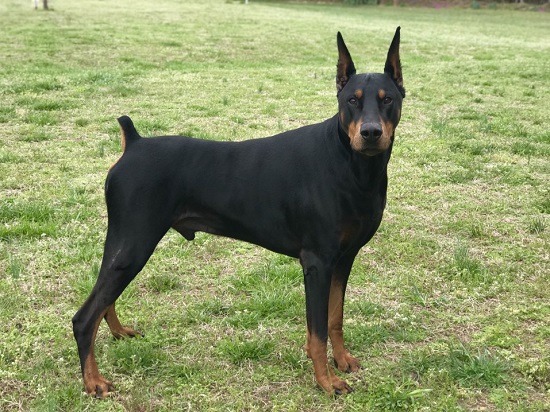
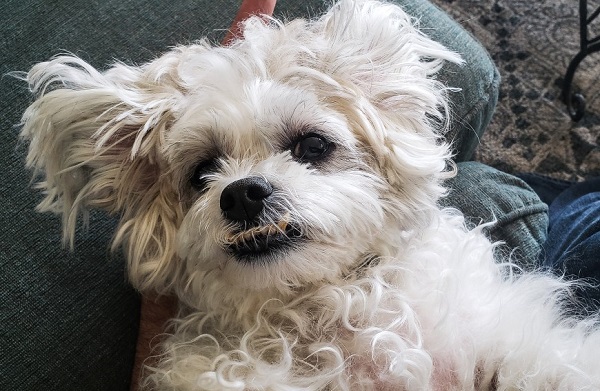
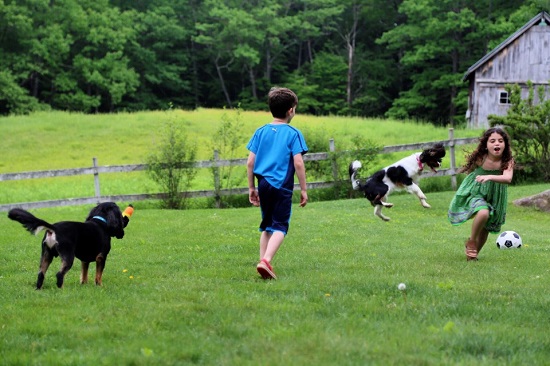

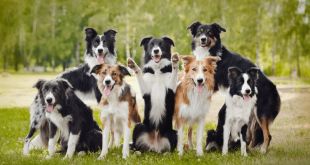

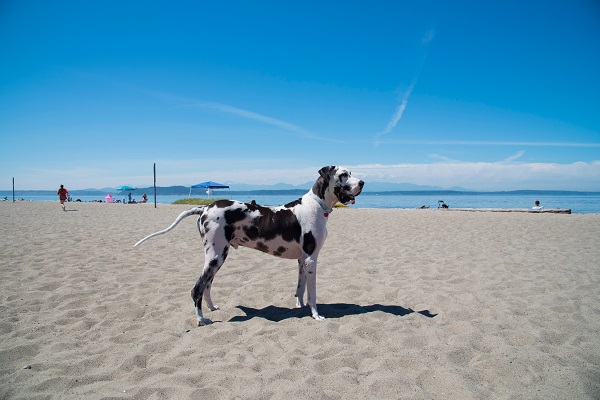












 in Chandigarh, India.
in Chandigarh, India. 
